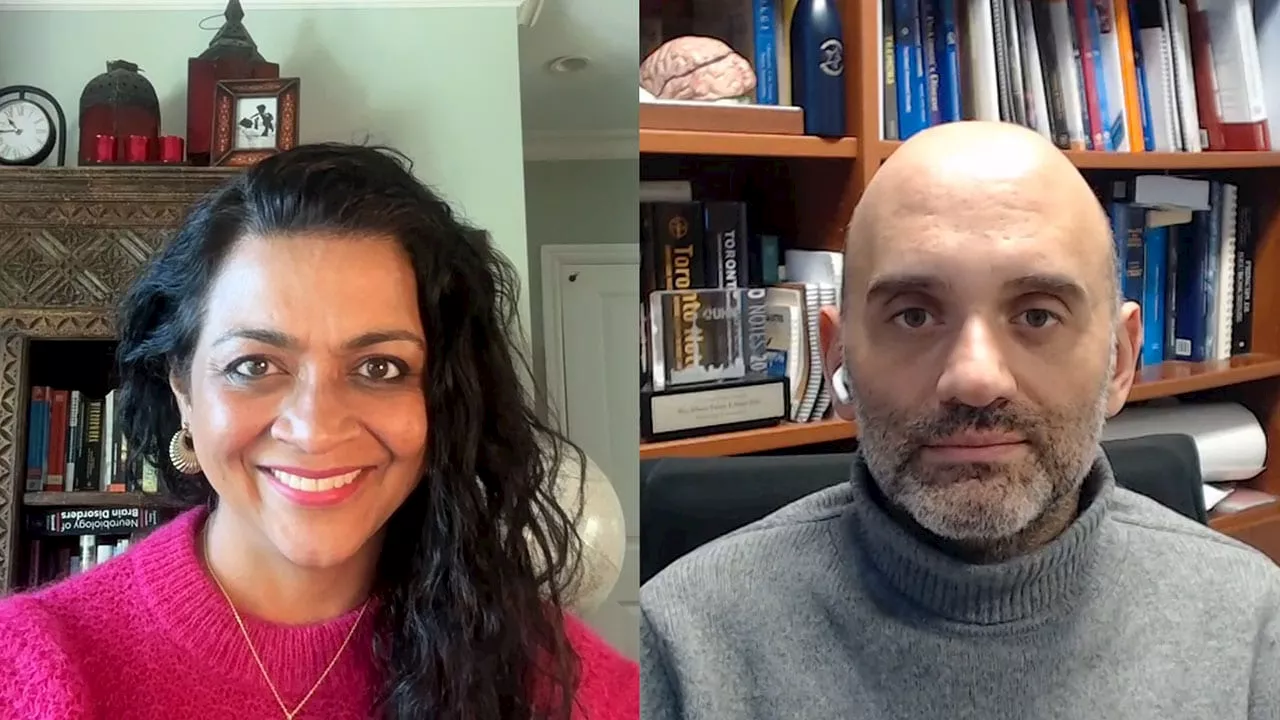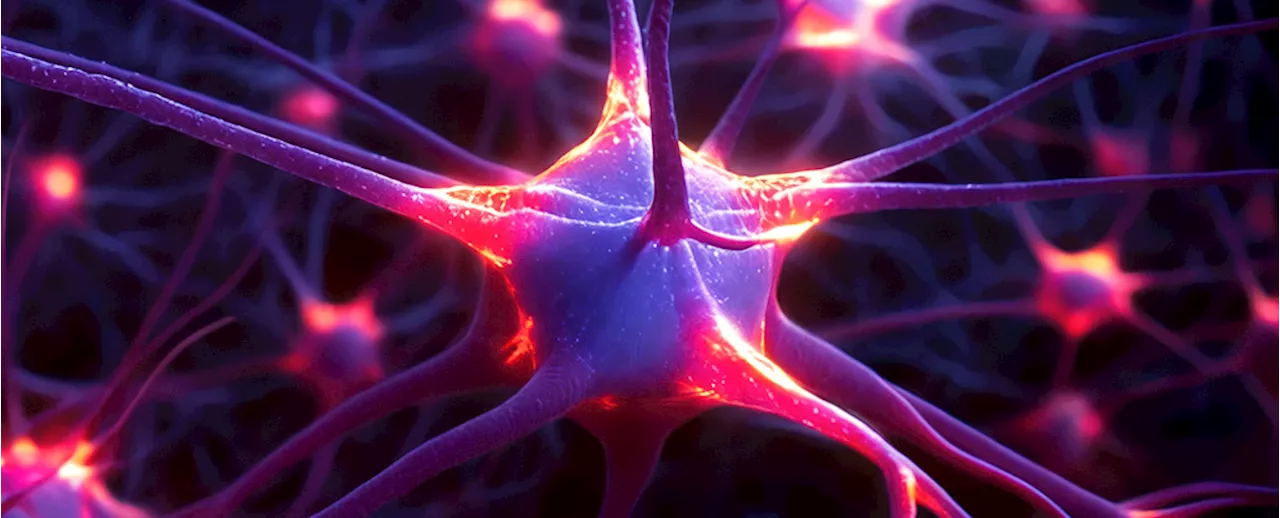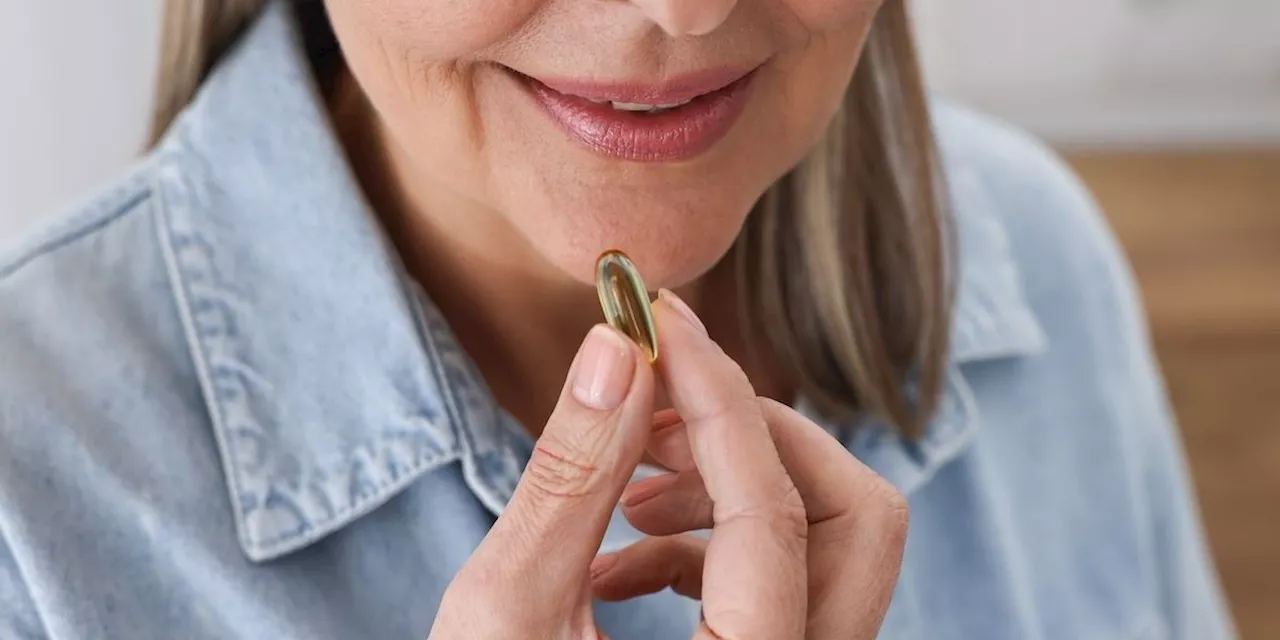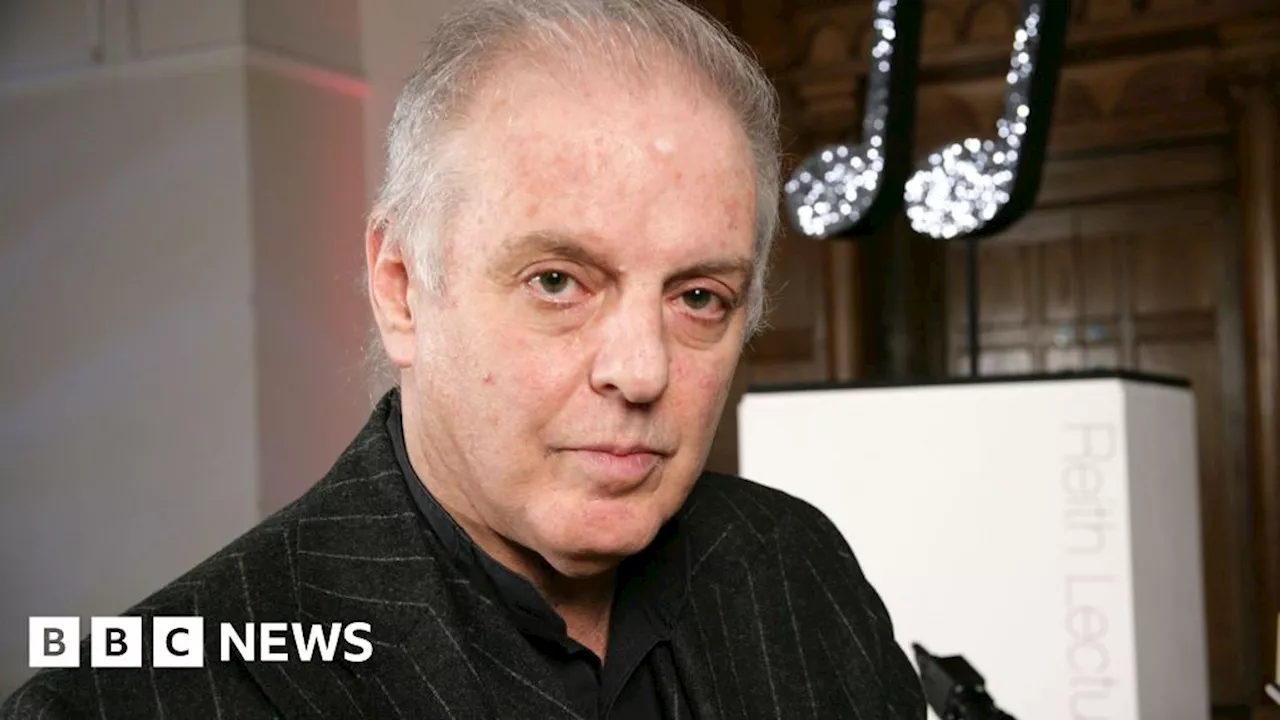Daniel Barenboim, the renowned conductor known for his work with prestigious orchestras and his dedication to peace through music, has announced his Parkinson's Disease diagnosis. Despite the diagnosis, Barenboim plans to continue his musical commitments and focus on ensuring the future of the West-Eastern Divan Orchestra, a project he co-founded to promote understanding between Israelis and Palestinians.
One of the world's most renowned conductors, Daniel Barenboim, has revealed he is living with Parkinson's Disease. The 82-year-old maestro has held prestigious positions as music director of the Chicago Symphony Orchestra, the Berlin State Opera, and La Scala in Milan. However, Barenboim is equally celebrated for his tireless efforts to promote peace through music in the Middle East. In 2022, he scaled back his performance schedule after developing a 'serious neurological condition'.
Now, in a statement released on Thursday, he confirmed the long-suspected diagnosis of Parkinson's. \'I know that many people have been concerned about my health,' he wrote, expressing gratitude for the overwhelming support he has received over the past three years. Barenboim emphasized that this diagnosis does not signify retirement. He intends to 'maintain as many of my professional commitments as my health permits.' His primary concern remains ensuring the future of the West-Eastern Divan Orchestra, a project he co-founded in 1999. \'It has very flatteringly been described as a project for peace,' Barenboim once noted. 'It isn't. It's not going to bring peace, whether you play well or not so well. The Divan was conceived as a project against ignorance. A project against the fact that it is absolutely essential for people to get to know the other, to understand what the other thinks and feels, without necessarily agreeing with it.' Born in Argentina to Jewish parents, Barenboim rose to fame as a prodigious young pianist before relocating to Israel as a teenager. He went on to become a leading conductor, first in Israel and then in Australia with the Melbourne and Sydney Symphony Orchestras. He married the British cellist Jacqueline du Pré in Jerusalem in 1967, with du Pré converting to Judaism. Following her death, he married the Russian pianist Elena Bashkirova. He became general musical director at Berlin's State Opera in 1992 and is credited with reviving its fortunes after it fell into obscurity under communism.Barenboim has also been known for his courageous and controversial stance on performing Wagner's music. Wagner's music had been unofficially banned in Israel because of his anti-Semitic beliefs and his status as Adolf Hitler's favorite composer. Barenboim initially yielded to protests from Holocaust survivors and pressure from politicians, but at the end of a concert, he asked the audience if they wanted him to play Wagner anyway. While some protested, calling it 'the music of the concentration camps,' the majority of concertgoers requested him to continue. The performance concluded with a standing ovation. The conductor argued that, while Wagner was undoubtedly anti-semitic, he died long before the rise of Nazism, and his music was 'too important' to be ignored. As well as holding Israeli citizenship, he accepted honorary Palestinian citizenship in 2008, becoming the first person to hold both Israeli and Palestinian passports. In his statement, the conductor vowed to continue conducting the West-Eastern Divan 'whenever my health allows me to.' 'At the same time,' he continued, 'I will take an active role in ensuring that the Divan has the opportunity of working with excellent conductors going forward. I have been navigating this new reality of mine and my focus is on receiving the best available care. I thank everyone for their kindness and well-wishes.
PARKINSON's DISEASE DANIEL BARENBOIM CONDUCTOR MUSIC WEST-EASTERN DIVAN ORCHESTRA PEACE ISRAEL PALESTINE
United States Latest News, United States Headlines
Similar News:You can also read news stories similar to this one that we have collected from other news sources.
 The Year in Parkinson’s Disease 2024: Changing Definitions and Treatment AdvancesDrs Indu Subramanian and Alfonso Fasano discuss some of the 2024 highlights in Parkinson’s disease research, including a paradigm shift in diagnosis and the potential role of GLP-1s.
The Year in Parkinson’s Disease 2024: Changing Definitions and Treatment AdvancesDrs Indu Subramanian and Alfonso Fasano discuss some of the 2024 highlights in Parkinson’s disease research, including a paradigm shift in diagnosis and the potential role of GLP-1s.
Read more »
 Hearing impairment may be a sign of increased risk of Parkinson's diseaseThere may be a link between hearing impairment and an increased risk of developing Parkinson's according to new research. This is one of the first studies to examine whether sensory impairments, such as hearing loss, might increase the risk for Parkinson's or serve as an early warning sign.
Hearing impairment may be a sign of increased risk of Parkinson's diseaseThere may be a link between hearing impairment and an increased risk of developing Parkinson's according to new research. This is one of the first studies to examine whether sensory impairments, such as hearing loss, might increase the risk for Parkinson's or serve as an early warning sign.
Read more »
 Nanoparticles Show Promise in Reversing Parkinson's Disease EffectsA new study published in Science Advances details a groundbreaking approach to treating Parkinson's disease using nanoparticles. These nanoparticles, engineered to restore dopamine levels and break down harmful protein buildup, show significant potential in reversing the disease's effects. Delivered to the brain via light activation, the nanoparticles act as tiny repair crews, revitalizing damaged neurons and clearing out the protein clusters that contribute to Parkinson's.
Nanoparticles Show Promise in Reversing Parkinson's Disease EffectsA new study published in Science Advances details a groundbreaking approach to treating Parkinson's disease using nanoparticles. These nanoparticles, engineered to restore dopamine levels and break down harmful protein buildup, show significant potential in reversing the disease's effects. Delivered to the brain via light activation, the nanoparticles act as tiny repair crews, revitalizing damaged neurons and clearing out the protein clusters that contribute to Parkinson's.
Read more »
 Gut Health and Parkinson's Disease: A Growing ConnectionRecent research suggests a strong link between gastrointestinal health and the development of Parkinson's disease. Studies have found that individuals with upper gastrointestinal mucosal damage and those with a lack of certain bacterial genes associated with B vitamin production are at a higher risk of developing the disease. This highlights the importance of gut health in Parkinson's prevention and treatment.
Gut Health and Parkinson's Disease: A Growing ConnectionRecent research suggests a strong link between gastrointestinal health and the development of Parkinson's disease. Studies have found that individuals with upper gastrointestinal mucosal damage and those with a lack of certain bacterial genes associated with B vitamin production are at a higher risk of developing the disease. This highlights the importance of gut health in Parkinson's prevention and treatment.
Read more »
 Parkinson's disease tournament is a success for Clacton manPaul Nicholls, from Essex, says the tournament gave hope to people living with the disease.
Parkinson's disease tournament is a success for Clacton manPaul Nicholls, from Essex, says the tournament gave hope to people living with the disease.
Read more »
 The Troubling Link Between Pesticides & Parkinson's Disease RiskOne more piece of the puzzle.
The Troubling Link Between Pesticides & Parkinson's Disease RiskOne more piece of the puzzle.
Read more »
